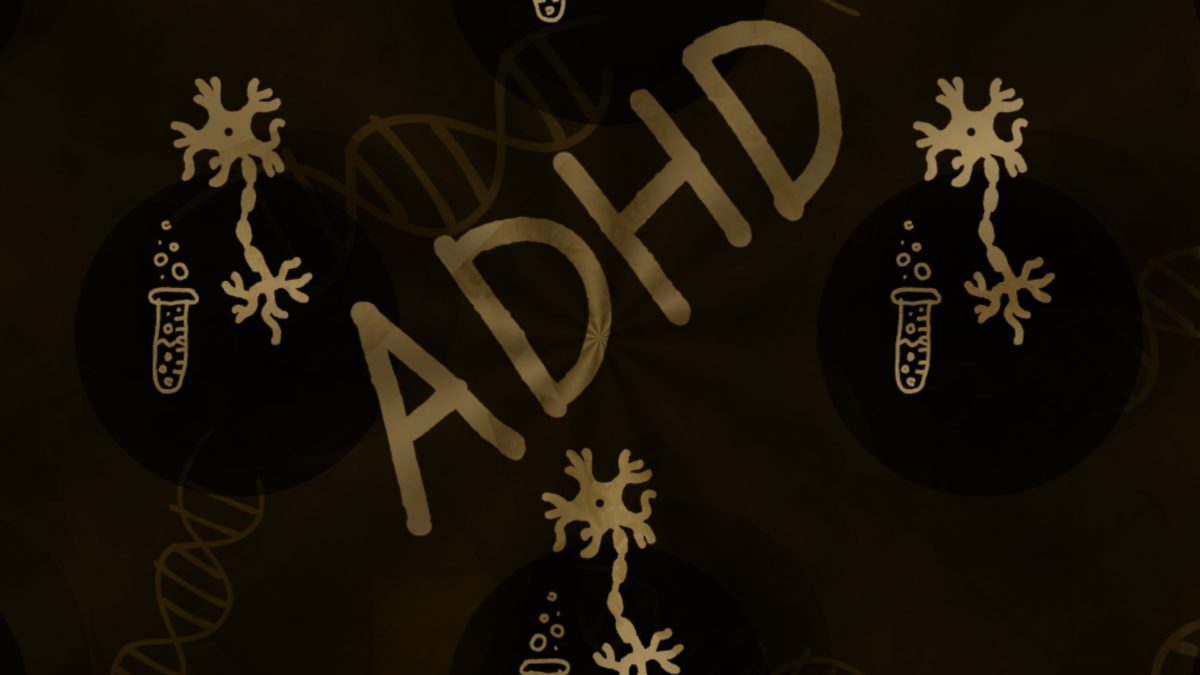Improving Executive Function in Adult ADHD
ADHD CME
Improving Executive Function in Adult ADHD
Overview
This 30 minute presentation with Lenard Adler, MD clarifies how the primary care practitioner can identify Executive Function Deficits in ADHD patients which are separate from symptoms of ADHD. Both the symptoms and deficits can be ameliorated with effective and very different kinds of therapy.
This webcast was recorded live and is being used with the permission of the presenter.
At the conclusion of this CME Activity, you will be able to:
- Identify potential Executive Function Deficits in patients
- Know what symptom relief to look for in using stimulant and non-stimulant medications for ADHD patients with Executive Function Deficits
- Refer ADHD patients with Executive Function Deficits out to appropriate types of therapy
Presented by
Lenard A. Adler, MD
Professor of Psyciatry and
Child and Adolescent Psychiatry
Directory of the Adult ADHD Program
NYU School of Medicine
New York, New York
Course Runs: Sept 1, 2020 – Sept 1, 2021








